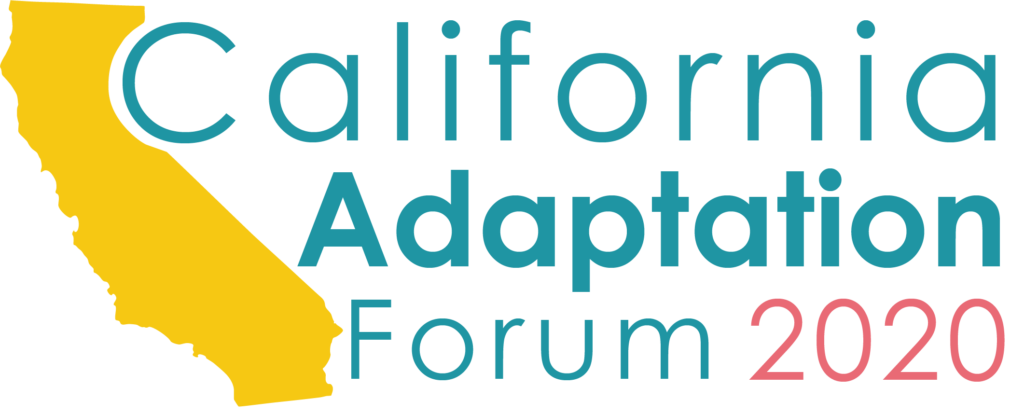In order for California to meet its ambitious climate adaptation goals and to prevent significant, negative impacts on California’s economy and environment, we must build the capacity of critical change agents to take aggressive action. Local governments—California’s cities, counties, and other regional public agencies—are critical to addressing these goals, yet they lack the capacity needed to manage the new research, planning, and implementation projects required.
These capacity challenges are exacerbated by a rapidly aging workforce and the limited entry of young employees into the public sector. According to U.S. Office of Personnel Management data, more than one third of federal government employees will be eligible to retire by 2020; at the same time, a 2018 report by Handshake shows that only 1.5% of recent graduates are pursuing a career in government. To make matters worse, many local governments are still trying to rebound from the recession of 2008, leaving them with limited ability to create new staff positions or even fill vacancies.
At a time when public sector capacity is stretched thin, it is critical that young professionals are seen as central to addressing climate adaptation issues. The number of undergraduates receiving specialized environmental studies and science degrees is steadily climbing, and undergraduates are given the opportunity to develop knowledge of policy, science, and literature that was previously only gained through graduate studies or work experience. As a result, recent college graduates are entering the workforce with a level of knowledge and experience that young professionals didn’t have a decade ago. However, this shift seems to be largely overlooked in hiring practices.
As a result, talented recent graduates are passing up on government jobs because they are not perceived to have the qualifications needed to take on substantive projects. If the public sector is to take action on climate adaptation at the scale and intensity needed, there must be clearer career pathways for recent college graduates.
CivicSpark, a Governor’s Initiative AmeriCorps Program managed by the Local Government Commission (LGC) in partnership with the Governor’s Office of Planning and Research, is breaking down these barriers and serving as a public sector career accelerator for recent graduates. Each year, CivicSpark recruits 90 Fellows to serve local governments for 11 months. In collaboration with local government staff, CivicSpark Fellows implement critical sustainability projects while also building long-term capacity to ensure the work is sustained after their service year is completed
Over the past four service years, CivicSpark Fellows have provided nearly 350,000 hours of service to California’s communities, implementing more than 300 targeted projects to support over 140 local government agencies. Additionally, Fellows have reached 15,500 community members, including residents, business owners, and the general public. CivicSpark Fellows supported a wide range of actions, developing, conducting, and organizing 18 climate or energy action plans, 155 energy reports and benchmarking assessments, 76 community workshops, and many more deeply impactful services.
By providing professional development and technical training, CivicSpark gives Fellows the tools needed to rise to positions of leadership in the adaptation field. To date, 20% of alumni have transitioned into full-time positions at their local government host site at the end of the service year, and another 49% have been hired by other local government agencies or sustainability organizations.
However, CivicSpark is only one piece of the puzzle. For the 2017-18 service year, nearly 500 individuals applied for the 70 slots available, leaving 85% of interested applicants unable to participate in the program. We need to find ways to expand the opportunities available and better harness this passion and drive for making positive change in the adaptation space. If not, we are truly missing out on an incredible opportunity.
To learn more about CivicSpark™, you can visit our website at: http://civicspark.lgc.org/

